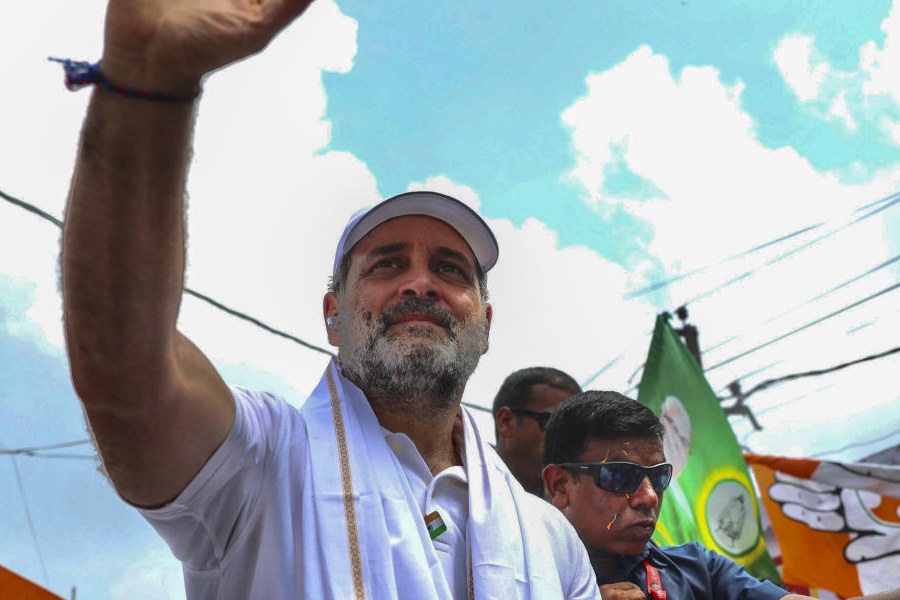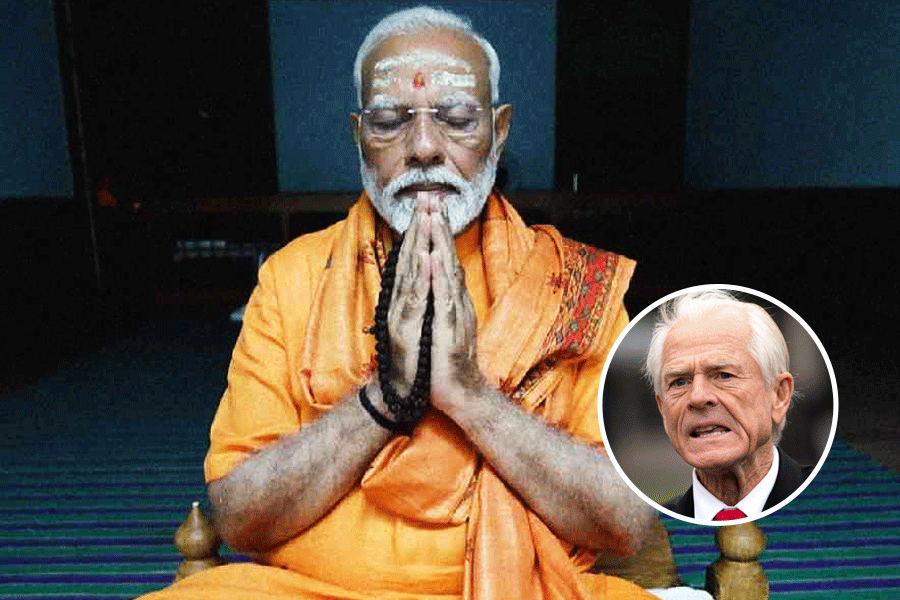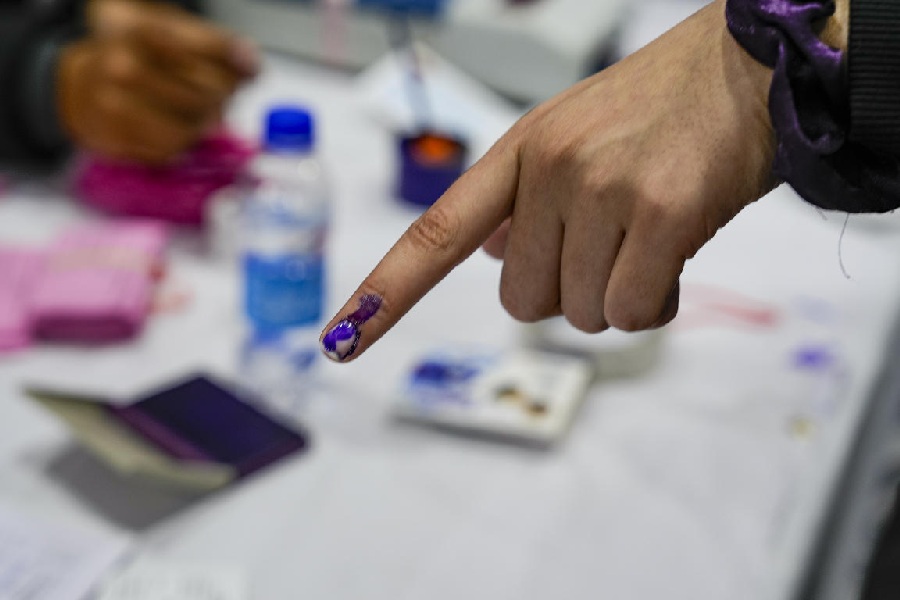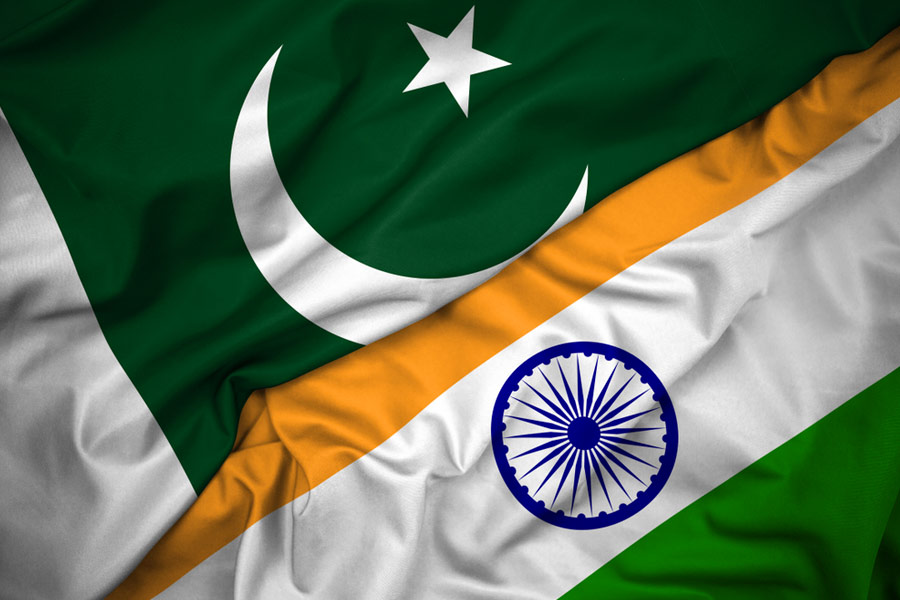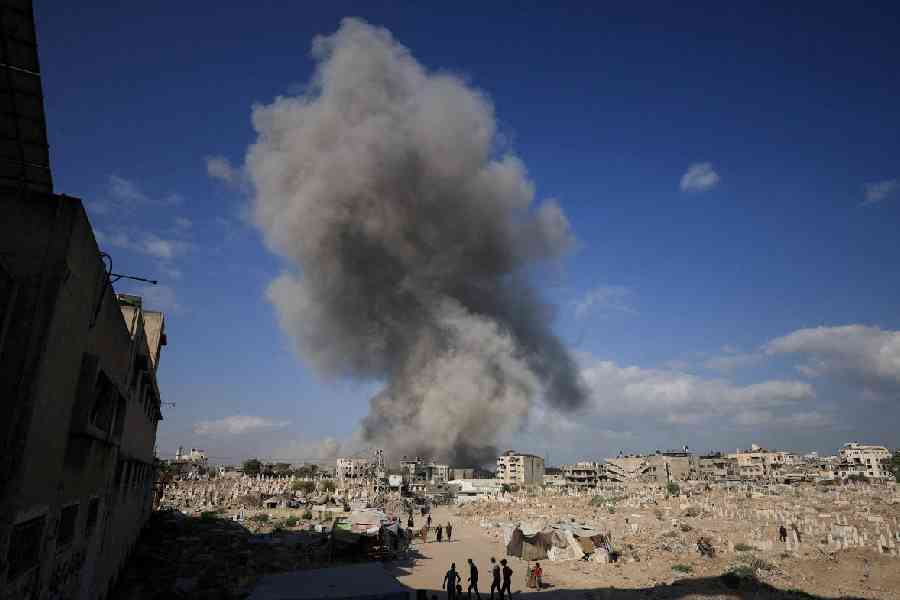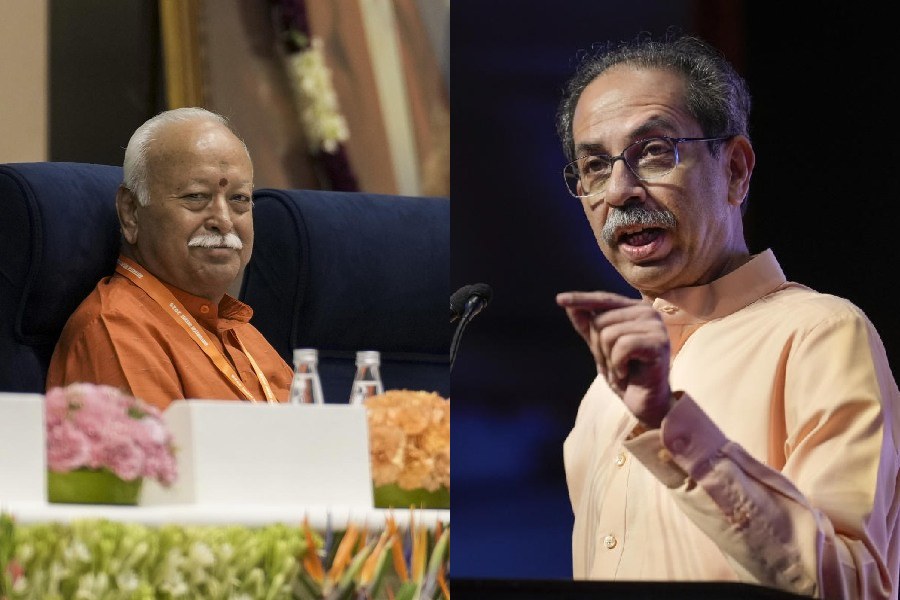 |
| Ao |
Guwahati, May 28: Dr Talimeren Ao, part of Northeast footballing lore, continues to be neglected by the nation’s sports administrators even in death.
While lesser sportspersons have been conferred the Arjuna award or even the Padmashree or the Padma Bhushan, Ao has not even been nominated for such an honour despite his impressive record as both a footballer and a citizen.
Even the ongoing T.Ao-Doner football tournament, organised by the Sports Authority of India (SAI) in association with the All-India Football Federation (AIFF), happened by chance.
A member of the organising committee said naming the tournament after the “talented, gritty and speedy roving centre-half” was “accidental” and that the event might actually be a one-time affair. “Doner (the department for development of the northeastern region) was keen on sponsoring a mega sports event in the region and we suggested football as it is very popular here. Since it was football, we suggested it would be better if the tournament was dedicated to Ao. Neither Doner nor the SAI headquarters, or even the AIFF, had initially thought about Ao.”
Ao was not only the captain of the first Indian team that played in the Olympics, but also the first from undivided Assam to have made a name for himself in the domestic circuit by playing for Calcutta club Mohun Bagan and Guwahati’s Maharana.
At the London Olympics in 1948, the French team showered encomiums on the “well-built, barefooted genius” after surviving a scare to win 2-1. Queen Elizabeth II was one of the dignitaries who shook hands with him. Seven years earlier, Writers’ Buildings had declared a half-holiday to allow its staff to watch the “talented Naga boy” in action against Mohammedan Sporting in Calcutta. Hardly a week passed without Ao not being mentioned in the newspapers.
However, sports administrators have now all but forgotten that such a footballer existed. Ao’s ailing widow Deikim Tally put things in perspective. “I thank the organisers of the Guwahati meet for naming it after my husband. But his contributions to football should have been recognised long ago. Had this honour come his way while he was still alive, it would have meant a lot to him and us,” she said from Kohima.
Ao passed away on September 13, 1998, virtually ignored and unlamented. Mohun Bagan acknowledged his contributions last year by conferring the Mohun Bagan Ratna posthumously.
His alma mater, Cotton College, named its recently inaugurated indoor stadium after him. A mini-stadium in Kaliabor, to be named after him, is half-complete.
Former Assam footballer Pulok Lahiri said, “It is indeed an irony that a person of Ao’s stature has been totally ignored by the authorities. Forget the Centre or the AIFF, even the Assam Football Association and the Nagaland Football Association have not honoured him. The honours that have been bestowed on him are not befitting his stature. The tournament in his name should be accorded national status instead of regional.”
Others say the blame partly lies with the Assam and Nagaland governments. “They did not push his case thinking the other would do after Nagaland attained statehood,” a former player said.


